Zim Now Writer
South Korea’s political landscape faces its most turbulent period in decades as the impeachment vote for Acting President and Prime Minister Han Duck-soo approaches.
This development follows the impeachment of President Yoon Suk Yeol on December 14, just days after his controversial declaration of martial law on December 3, 2024.
The impeachment motion, spearheaded by opposition leader Lee Jae-myung and the Democratic Party, accuses Han of "acting for insurrection" and failing to fill vacancies at the Constitutional Court promptly. Lee stated that removing Han is essential to restoring order, claiming overwhelming public support for the move.
The Constitutional Court began hearings on whether President Yoon will be reinstated or permanently removed from office. This decision must be reached within 180 days, with potential new elections required within 60 days if Yoon is ousted.
Meanwhile, Acting President Han faces an uncertain vote threshold for his impeachment. While a simple majority is sufficient for a prime minister, a two-thirds majority is needed for a president, creating ambiguity about Han’s position.
Finance Minister Choi Sang-mok has warned that Han’s impeachment could destabilize the economy further, which is already strained under the state of emergency. Early Friday, the South Korean won dropped to its lowest value since March 2009, reflecting market unease.
Choi, supported by cabinet ministers, urged political leaders to avoid further instability, stating, “The economy and livelihoods cannot withstand another shift in leadership during this crisis.”
Related Stories
The current political turmoil stems from Yoon's martial law declaration, which sought to dissolve parliament, restrict political activities, and enforce media control. The move faced immediate backlash, with lawmakers defying military deployment to rescind the decree within hours.
Yoon now faces legal scrutiny for his actions, including criminal investigations for insurrection. His lawyers appeared before the Constitutional Court on Friday, although Yoon himself was absent.
This crisis is South Korea’s gravest since 1987 when pro-democracy protests led to significant constitutional reforms. The current uncertainty risks eroding the country’s democratic progress and financial stability.
Observers await the outcomes of the impeachment vote and Constitutional Court hearings, which will shape South Korea’s political and economic future.











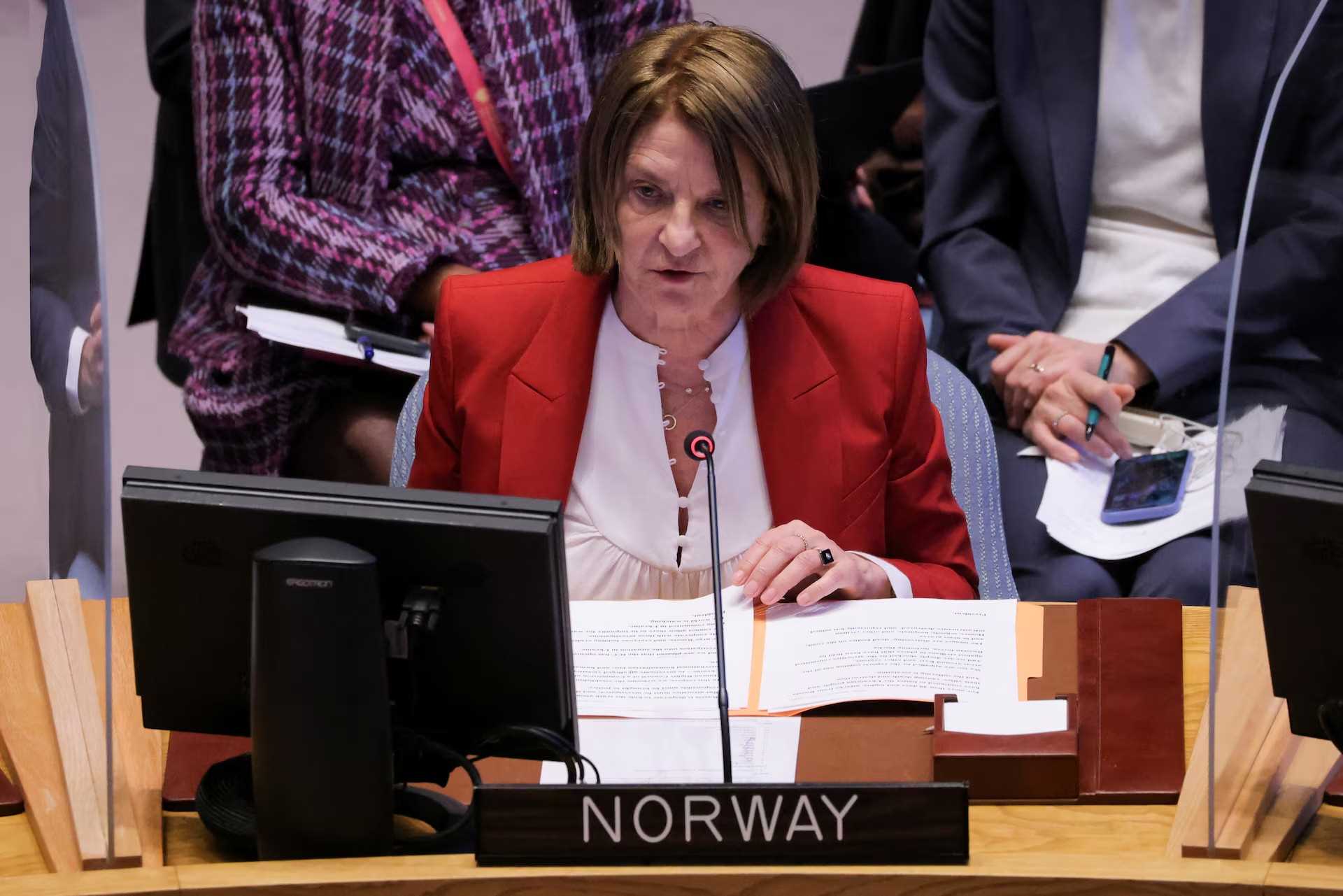
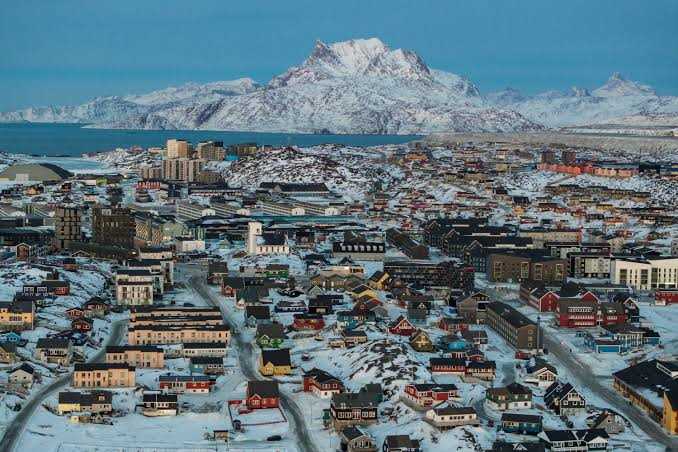

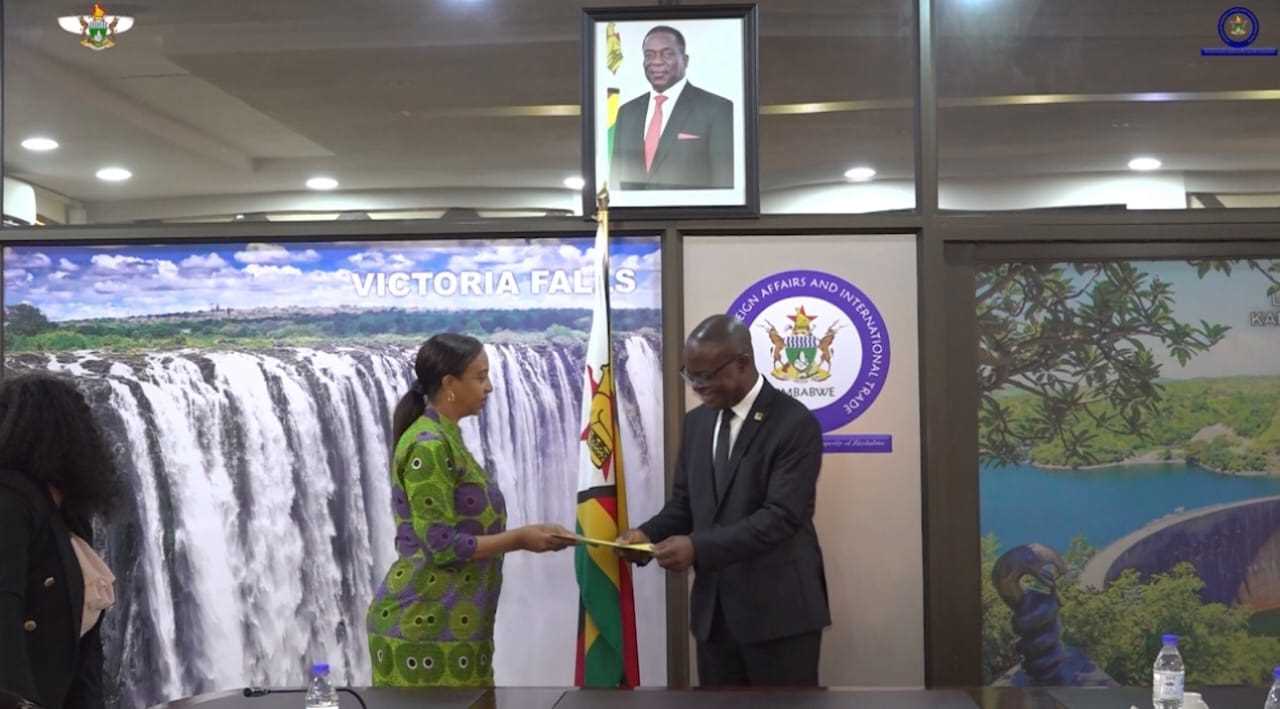
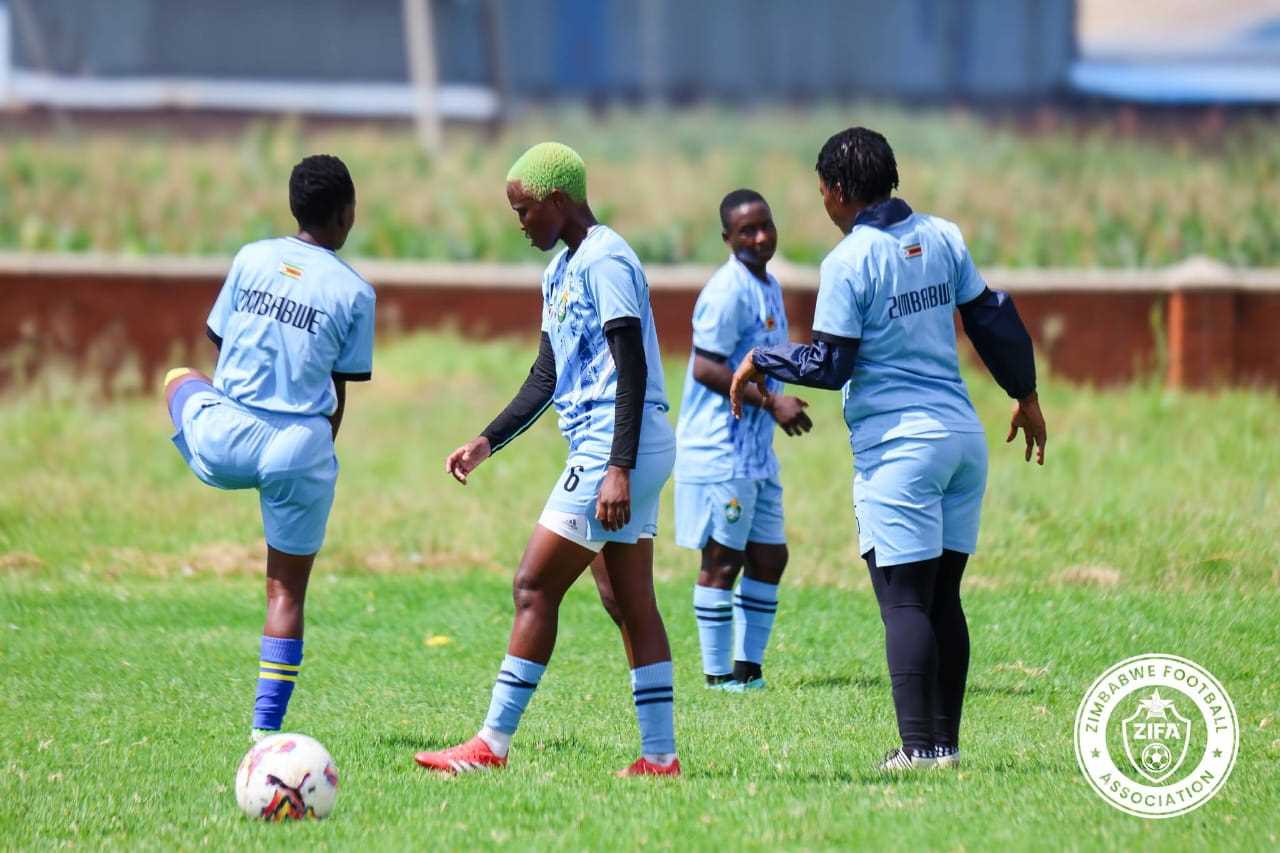

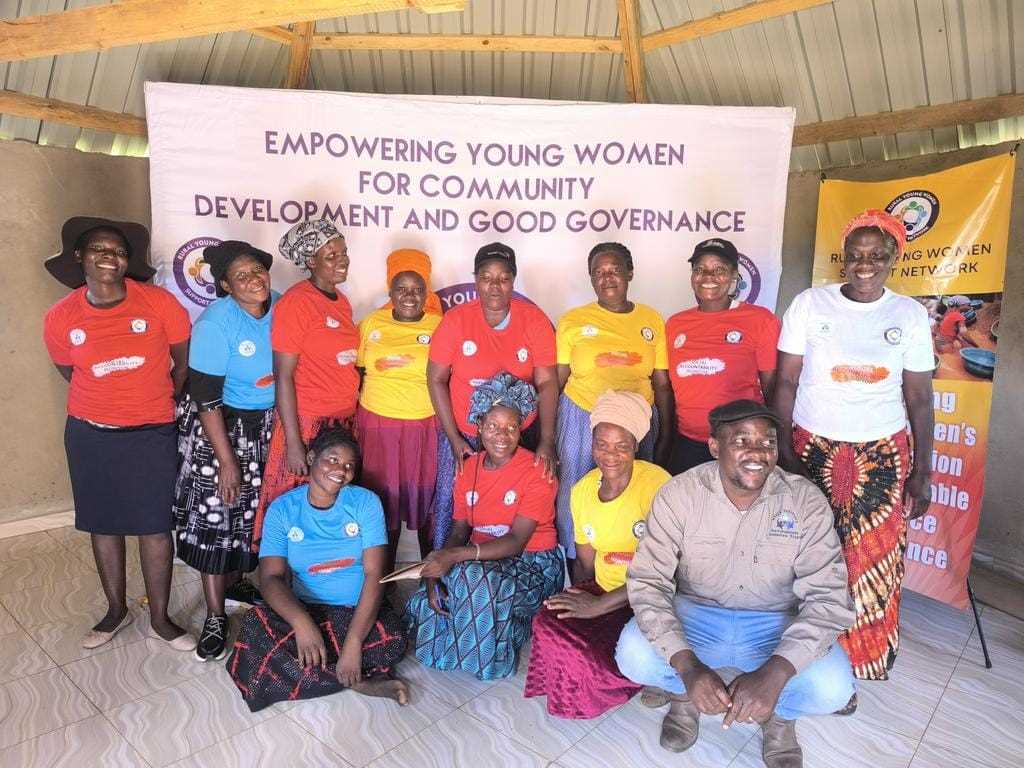


Leave Comments